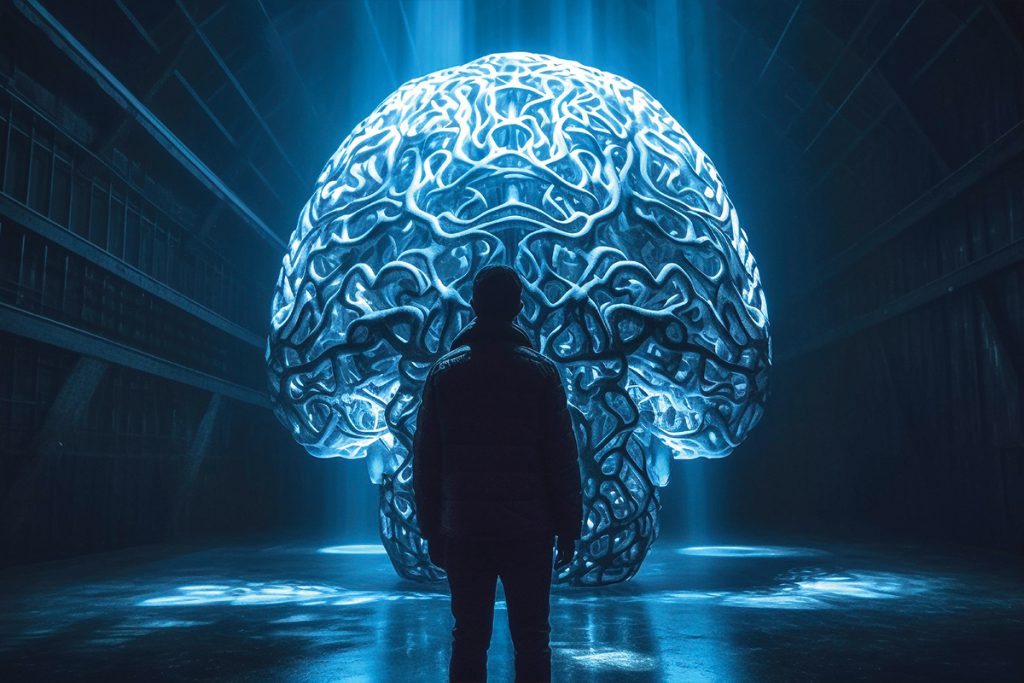Tap into the power of neuroscience-based hacks to learn faster and remember more
Words by Karan Karayi
Eons ago, when I used to pass through the hallway marking the entry point of my school, I never failed to take in the words emblazoned above in bold lettering.
Life is learning.
So it is. Learning better and faster is a secret superpower of some of the world’s best leaders. Mark Cuban professed as much in an interview with LinkedIn CEO Ryan Roslansky, where he said he was “infinitely curious” when asked what set him apart.
Cuban isn’t given to verbosity, and the lesson he offered was as succinct as it was impactful. “I think what I do that probably, possibly, separates me is [that I’m] infinitely curious. There’s nothing I’m not interested in learning about. So, number one is: Learn.”

But with time being a luxury not many can afford in this day and age, how does one learn more, and faster than ever?
Fortunately, neuroscience has provided us with a treasure trove of insights on how to optimize our learning processes and unlock the full potential of our gray matter.
Whether you’re a busy professional looking to stay ahead of the curve, a student cramming for exams, or simply someone who has a thirst for knowledge, these six neuroscience-based strategies will revolutionise the way you approach learning.
Master “Interleaving”
Contrary to popular belief, the age-old technique of repetition may not be the most effective way to learn. Instead, neuroscience suggests that a process called “interleaving” can supercharge your brain’s ability to differentiate and retain information.
The idea is simple: instead of focusing on one subject or skill at a time, purposefully alternate between related concepts or tasks during your learning sessions. This forces your brain to constantly adapt and adjust, preventing any single skill from being mindlessly imbibed. You’ll make your mind work harder to learn more, leading to better long-term retention and the ability to apply your knowledge more flexibly.
Mix it up
Repeating the same task may seem like the logical path to mastery, but neuroscience begs to differ. According to research, slightly modifying the way you practice a skill can actually help you learn more quickly and effectively.
Imagine you’re preparing for an important presentation. Instead of running through the same version of your pitch multiple times, try mixing things up. Experiment with delivering it at a slightly faster or slower pace, breaking it into smaller chunks, or adjusting the conditions (e.g., using a different projector or microphone).
This process allows your brain to recall and modify existing memories with new knowledge, ultimately leading to faster skill development and better preparedness for the unexpected.
Test yourself
Actively testing yourself on the material you’re trying to learn can be an incredibly powerful learning tool. Neuroscience research has shown that self-testing not only helps you identify gaps in your knowledge, but also enhances your ability to retain the information.
So the next time you’re preparing for a presentation or an exam, quiz yourself on key points, figures, or questions. This helps create additional context that will make the right answer more ingrained in your memory. It can also accelerate the learning process for the things you don’t yet fully understand.
Speak up!
Running over notes and presentations in your mind is great, but neuroscience suggests that vocalising your learning can take it to the next level. Studies have shown that the act of speech is a powerful mechanism for improving memory and long-term retention.
The same technique holds true for memorising names, key facts, or any other information you want to commit to memory since speaking aloud makes the information more distinct and memorable.
Take a break
When you’re racing against the clock, it’s easy to fall into the trap of cramming and back-to-back learning sessions. However, neuroscience research suggests that taking regular breaks is crucial for effective learning and retention.
Distributed practice, where you space out your learning sessions over time, has been shown to be far more effective than massed practice (consecutive sessions without breaks). Each time you retrieve information from memory, the memory becomes harder to forget, especially if you allow for adequate time between sessions.
So the next time your kid steps away from studying, go easy on him (or her). The downtime can actually lead to better long-term retention.
Get your zzz’s
If you thought taking breaks was important, wait until you hear about the power of sleep when it comes to learning and memory. Neuroscience research has found that people who study before bed, sleep, and then do a quick review the next morning not only spend less time studying but also increase their long-term retention by a staggering 50%.
This is because sleep plays a crucial role in the consolidation and reprocessing of memories. As your brain files away the information you’ve learned, it becomes easier to access and apply that knowledge, even long after the initial learning session.
By embracing these six neuroscience-backed strategies, you can revolutionize the way you approach learning and unlock your brain’s true superpowers. Go forth and learn, you curious cat, you.


